April 25, 2025 | 01:11 GMT +7
April 25, 2025 | 01:11 GMT +7
Hotline: 0913.378.918
April 25, 2025 | 01:11 GMT +7
Hotline: 0913.378.918
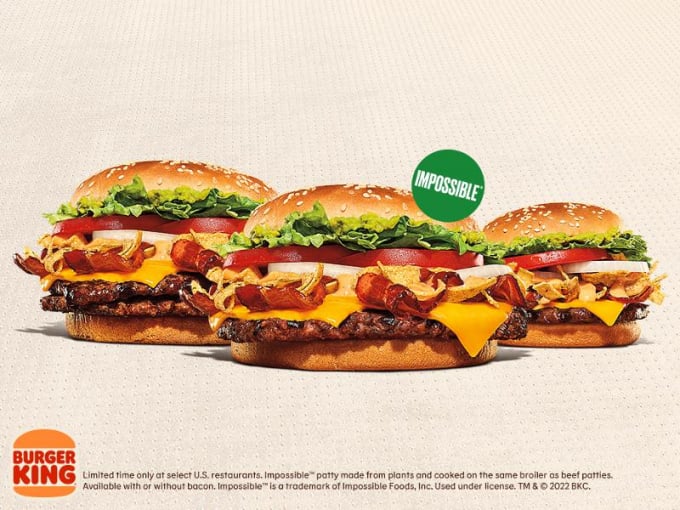
Burger King never said its Impossible Whopper was targeted at vegans. The latest version of the burger leaves no doubt it's not.
The burger chain on Thursday released five new burgers, four of which are Whoppers and two of them feature patties made from the plant-based Impossible Foods burgers.
That includes an Impossible Southwest Bacon Whopper, which features an Impossible patty, tortilla trips, avocado spread, lettuce, onions, tomatoes and a spicy sauce. But it also features bacon which, as far as we know, is still made from pigs.
That burger is part of a line of Southwest Bacon Whoppers, including a Southwest Bacon Whopper Jr. and a Double Southwest Bacon Whopper, all of which feature the same ingredients, but with traditional burger patties rather than the plant-based versions.
Burger King is also coming out with an Impossible King, which features an Impossible burger, American cheese, onions, pickles, ketchup and mustard on a sesame seed bun that will be part of the chain’s 2-for-$6 Mix n’ Match menu.
To be sure, companies have long targeted a broader set of customers than just vegetarians with their plant-based offerings, mostly because the population of meatless consumers is much smaller than the group that would prefer to simply limit their meat consumption for one reason or the other. Customers at many restaurants request it.
According to Gallup surveys, the percentage of Americans who identify as either vegetarians or vegans is about 8%, which has been unchanged for at least the past two decades. But, nearly one in four have cut back on meat consumption.
For Burger King, the new burger introductions highlight the chain’s current menu focus as it works to emerge from a frustrating slump that has resulted in the overhaul of its management and led to financial problems for some of its biggest franchisees.
The company has opted to focus on its core menu, notably the Whopper, with various innovations. But it is also making a big push to sell more plant-based items.
In so doing, Burger King is hoping to rekindle the excitement it generated when it first introduced the burger in 2019. The company debuted the burger in the third quarter of 2019. That was also the last time its sales outperformed those of its rival, McDonald’s.
Burger King (BK) is an American-based multinational chain of hamburger fast food restaurants. Headquartered in Miami-Dade County, Florida, the company was founded in 1953 as Insta-Burger King, a Jacksonville, Florida–based restaurant chain. After Insta-Burger King ran into financial difficulties in 1954, its two Miami-based franchisees David Edgerton and James McLamore purchased the company and renamed it "Burger King".[4] Over the next half-century, the company changed hands four times, with its third set of owners, a partnership of TPG Capital, Bain Capital, and Goldman Sachs Capital Partners, taking it public in 2002. In late 2010, 3G Capital of Brazil acquired a majority stake in the company, in a deal valued at US$3.26 billion. The new owners promptly initiated a restructuring of the company to reverse its fortunes. 3G, along with partner Berkshire Hathaway, eventually merged the company with the Canadian-based doughnut chain Tim Hortons, under the auspices of a new Canadian-based parent company named Restaurant Brands International.
The 1970s were the "Golden Age" of the company's advertising, but beginning in the early 1980s, Burger King advertising began losing focus. A series of less successful advertising campaigns created by a procession of advertising agencies continued for the next two decades. In 2003, Burger King hired the Miami-based advertising agency Crispin Porter + Bogusky (CP+B), which completely reorganized its advertising with a series of new campaigns centered on a redesigned Burger King character nicknamed "The King", accompanied by a new online presence. While highly successful, some of CP+B's commercials were derided for perceived sexism or cultural insensitivity. Burger King's new owner, 3G Capital, later terminated the relationship with CP+B in 2011 and moved its advertising to McGarryBowen, to begin a new product-oriented campaign with expanded demographic targeting.
Restaurantbusinessonline
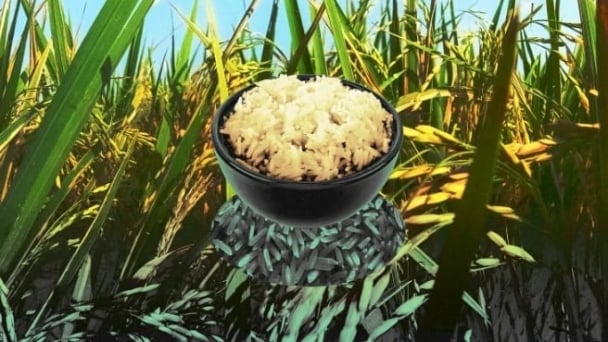
(VAN) Warmer temperatures and more carbon dioxide will boost levels of arsenic, a dangerous heavy metal, according to new research.

(VAN) California's $59 billion agriculture industry faces serious disruption as the U.S. clashes with China - one of the state's major export markets.
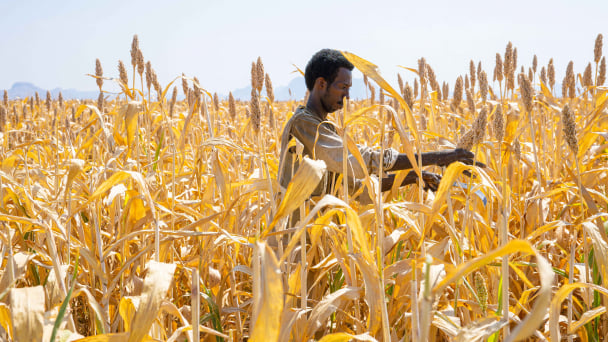
(VAN) Five things you should know about Sudan's food security crisis.
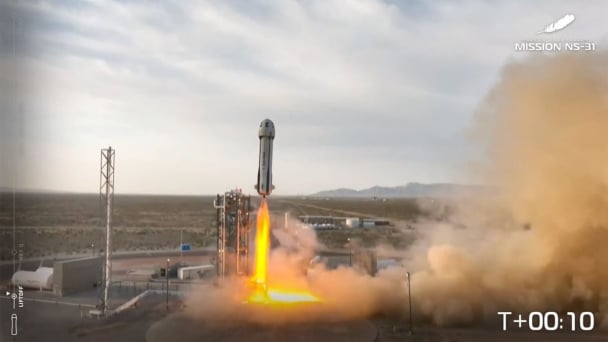
(VAN) 169 lotus seeds selected by the Vietnam Academy of Agricultural Sciences were carried into space by Vietnamese-American astronaut Amanda Nguyen.
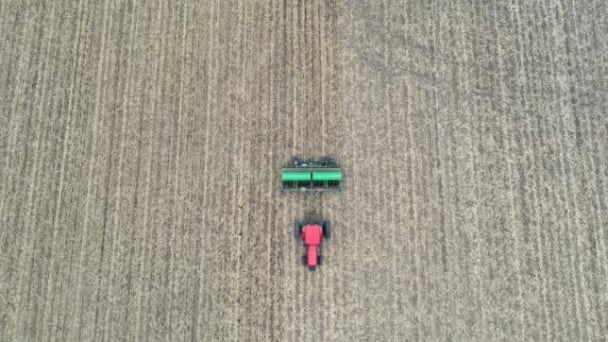
(VAN) Tariffs are making life more expensive for John Pihl. He's been farming in Northern Illinois for more than 50 years.

(VAN) European and American farmer organisations are concerned about the import tariffs that the United States introduced on 9 April for products from the European Union. This makes them 20% more expensive.

(VAN) Global poultry trade is expected to remain strong amid relatively tight global protein supply and growing consumption, RaboResearch concludes in its latest animal protein report.